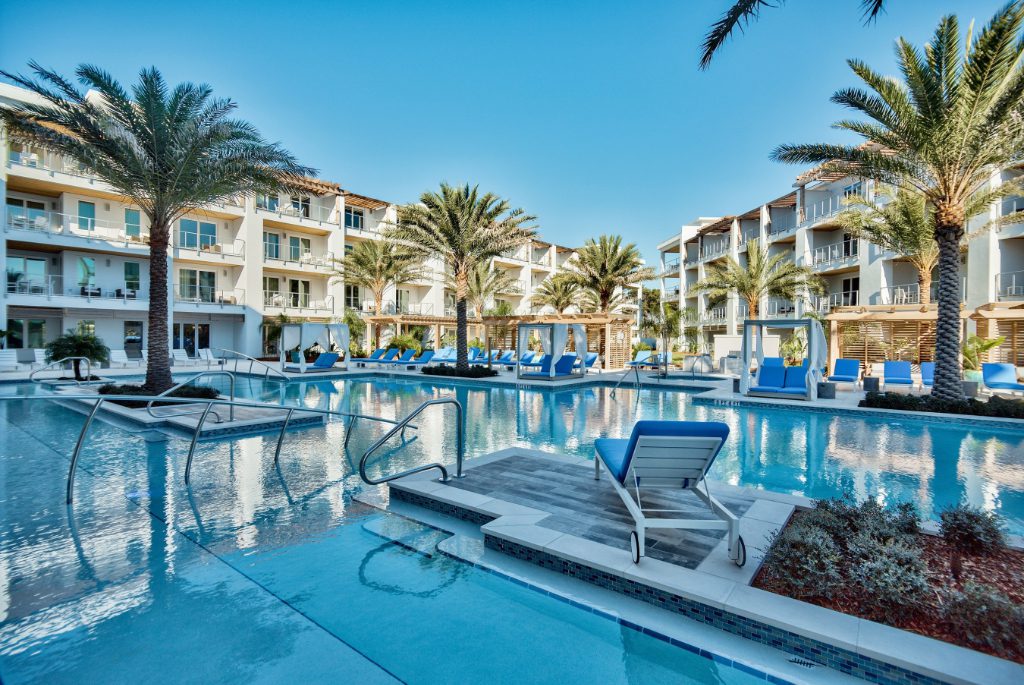Analysis: Vacasa Has a Growth Story Neatly Tailored to Wall Street Sensibilities

Skift Take
Vacasa recorded a breakout second quarter, and vowed to increase its ranks of homes by 30 percent in 2022, mostly through good old-fashioned sales calls, as opposed to expensive mergers and acquisitions.
That hits a sweet spot for a Wall Street that wants to see scale — and profits along with it. Vacasa went public in a special purpose acquisition company merger in December when Wall Street tired of such public debuts where the red ink ran amok.
The property management company beat its own guidance on revenue and earnings for the quarter, and forecast that it would reach profitability, on an adjusted EBITDA (earnings before interest, taxes, depreciation and amortization) basis, in 2023.
Wall Street applauded Vacasa's second quarter financials and outlook, and its shares were up more than 31 percent to roughly $4.00 Thursday morning, a day after the earnings release.
Incidentally, Vacasa reversed a $20 million net loss in the second quarter of 2021, and turned it into net income of $9.94 million in the second quarter of 2022 because its share price was in the doldrums during the quarter. The company recorded a $45 million net income benefit in the second quarter because of a decline in the fair value of an earnout to merger partner TPG based on the price of Vacasa's Class G common stock.
Disciplined Growth in 2022 That's Much Slower Than 2021A key element of Va

